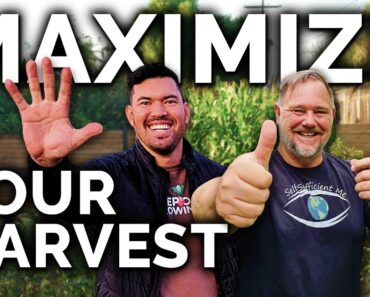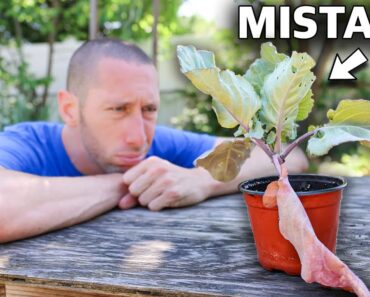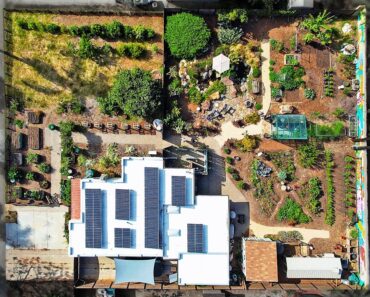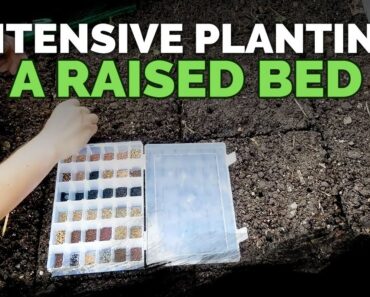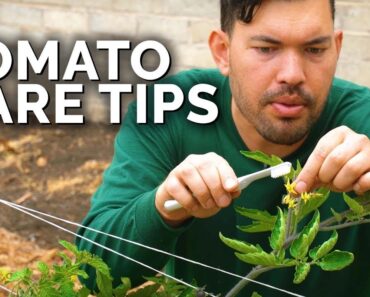Bryce and Misty have spent the last 12 years building a cob home, homesteading, living off the grid, and homeschooling their two daughters. They live without a car, so for transportation, they use taxis and bicycles, and they eventually hope to have a cart that their two horses can pull.
For food production, they have a permaculture food forest for fruits and vegetables, chinampa-inspired wetland gardens, a cow and a bull for milk, ducks and chickens for eggs, bees for honey, and they also forage and cultivate feral crops. Related: 11 Off-Grid Food Storage Secrets Everyone Should Know
These two have put in an impressive amount of work setting up their homestead. The house is built with clay that they collected from the wetland area of their property, their well was dug by hand, and everything from the fences to the staircase was made with wood from within a 20km radius of their home.
The cost to build the house was approximately $1,000 CAD. Most of the building materials (the sand, clay, straw, and wood) came from the land, and things like roofing, lumber, and windows they sourced from secondhand and reclaimed sources. Interestingly, they used several different natural building techniques in the home with each new addition. They usually start with a timber frame, and they have used cob, straw bales and wattle and daub, to fill in the spaces between the beams. And they’ve also explored using green roofs and earth floors.
Related: How to Store Canned Food Long-Term – The Complete Guide
Since moving to the land, they had two lovely daughters that they homeschool using unschooling and life immersion methods. They learn about food production, natural building, nature, math, reading, and more!
To earn an income, they do a variety of odd jobs including catering, seasonal farm work, a roadside plant stand, and they also receive the childcare benefit that all families in their province receive. Their primary focus is not how to earn more money but rather how to spend less and have more time. They try to produce as much of what they need on the farm.
Recommended: Watch This Video to Earn an Income at Home With The Step-by-Step Process in this Blogging Course
For electricity, they have solar panels on the roof and a wind turbine (currently non-operational), for water they have a hand-dug well and rainwater collection barrels, for heat they have wood stoves, they have two composting toilets, and a rocket stove to heat water for their bathtub.
“It takes time to do things. But at the same time, you have the time “


